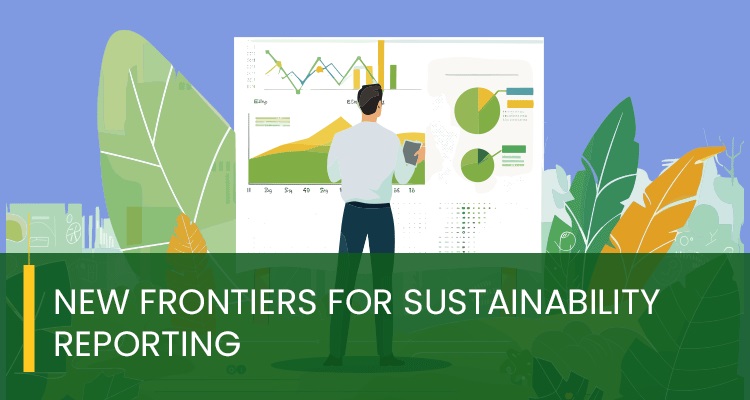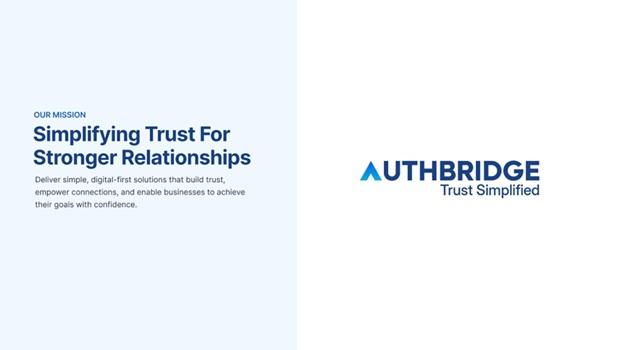From: Arjun Chaudhuri,
PGDM-Operations
July 2021 Batch
Sustainability reporting is experiencing a global boom, fueled by the growing recognition that sustainable practices are not just ethical, but also financially advantageous. Companies embracing sustainability are seen as responsible corporate citizens, diligently caring for the environment, uplifting their communities, and operating with integrity. This newfound respect translates into increased support from shareholders, suppliers, consumers, peers, regulators, and governments. This convergence of interests positions sustainability as the new standard for achieving long-term success.
However, a crucial question remains: does increased reporting necessarily translate to increased sustainability within a company? Companies could create a positive sustainability image through reports without taking concrete action. This “greenwashing” may involve cherry-picking data, obscuring negative impacts, or making misleading claims.
Another potential pitfall lies in the pressure to meet stakeholder expectations. Recent research suggests companies tailor sustainability reports based on stock market sentiment. While market considerations are relevant, prioritizing report aesthetics over actual implementation can lead to companies focusing on “reporting well” rather than “being sustainable.” Resources get channeled towards crafting a good report, while true sustainability efforts languish.
The problem is further compounded by the difficulty in measuring a company’s social and environmental impact. The lack of clear metrics makes it challenging to track progress and hold companies accountable for their reported goals.
So, how can sustainability reporting be leveraged to drive genuine sustainability within companies? Regulatory and compliance-driven motivations might nudge them towards initial steps, but long-term success requires deeper internal understanding.
Sustainability reporting standards can be a powerful tool for internal reflection. Companies can use them to identify areas of excellence and areas for improvement. This can foster cross-company collaboration, allowing them to learn from each other’s best practices.
Current reporting frameworks often pose repetitive questions. These standards need to evolve, working collaboratively with different sectors to develop truly specific guidelines that hold value for both companies and stakeholders. This ensures the reporting process benefits all involved parties.
One avenue for exploration lies in developing stakeholder-specific reporting guidelines. Standardizing reporting for different groups, such as consumers, society, regulators, and investors, could create new frontiers. Imagine combining traditional annual reports (focusing on financials) with sustainability reports – a concept already explored in Integrated Reporting. While Integrated Reports aim to represent six capitals (financial, manufactured, intellectual, human, social and relationship, and natural), the level of detail provided remains limited. Additionally, the inclusion of non-financial data increases preparation time and requires specialized expertise to interpret the concise summary format.
Decentralizing reporting by developing stakeholder-specific sections within reports could offer a solution. This would provide a more granular picture and increase stakeholder understanding.
Sustainability reporting holds immense promise for driving positive change. However, focusing solely on creating a good report isn’t enough. By utilizing reporting standards for internal reflection, fostering cross-company collaboration, and developing stakeholder-specific guidelines, companies can move beyond simply reporting to achieve genuine sustainability.
Research and development efforts should focus on creating clear, standardized, and sector-specific metrics to measure the social and environmental impact of companies. These metrics should be readily understandable and allow for easy comparison across companies and industries.
Moreover, implementing a system of independent verification for sustainability reports can enhance transparency and mitigate the risk of greenwashing. This verification process would need to be standardized and credible to be truly effective. In this context, exploring the potential of blockchain technology for secure and transparent sustainability data storage and reporting could be a game-changer. Blockchain can create an immutable audit trail, reducing the risk of manipulation and fostering trust in reported data.
Bolstering trust would require collaboration between academia, industry experts, and standard-setting bodies can pave the way for the continuous improvement of sustainability reporting frameworks. This collaborative effort would ensure the frameworks remain relevant, comprehensive, and adaptable to evolving needs. It is important to map the evolving needs to educate consumers about sustainability practices and how to interpret sustainability reports can empower them to make informed choices that incentivize genuine sustainability within companies. This can be achieved through educational campaigns, partnerships with consumer advocacy groups, and clear labelling initiatives.
Thus, the future of sustainability reporting lies in continuous improvement. Research into more robust and sector-specific reporting frameworks alongside stakeholder-specific reporting are exciting areas for exploration. Ultimately, the goal is to ensure that sustainability reporting serves as a catalyst for authentic and long-lasting change, creating a future where environmental responsibility goes hand-in-hand with business success.
Profile of Writer
As a ESG Strategy Doctoral Researcher at the University of Twente, The Netherlands for the Dutch Government’s Health & Wellbeing Sector Plan, I am passionate about integrating sustainability into the core of business operations.
I bring over a decade of successfully guiding Fortune 500 multinationals, mid-size Companies, and NGOs across the EMEA&I and APAC towards more sustainable outcomes, enhancing their social responsibility and bottom line.
My sustainability experience has encompassed industries-Dow Chemical (Netherlands), Lion Corporation (Japan) and Lubrizol (India) and consulting firms like Ernst & Young LLP (India), RSM, Allinial Global & BDO (in Kuwait).
I thrive on advising my clients on sustainability strategies, reporting development and adoption on a micro, macro and meso-level.




